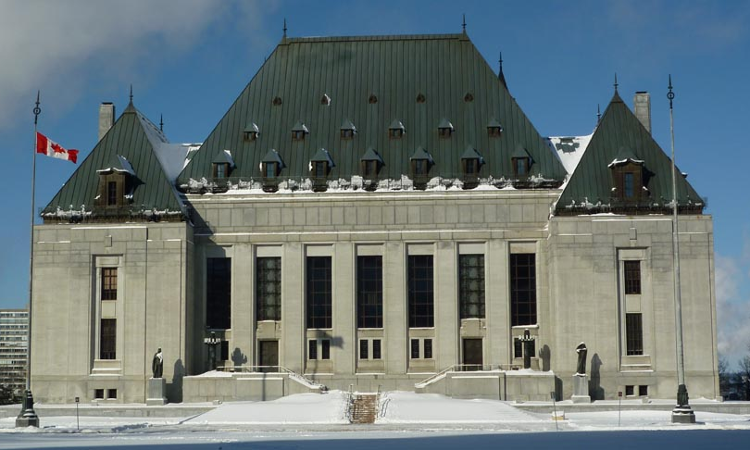The Canada Supreme Court held that a criminal law provision authorizing sentence of imprisonment for life without a realistic possibility of parole is unconstitutional."By stipulating that a court may impose consecutive 25-year parole ineligibility periods, the impugned provision authorizes the infliction of a degrading punishment that is incompatible with human dignity", the Court...

